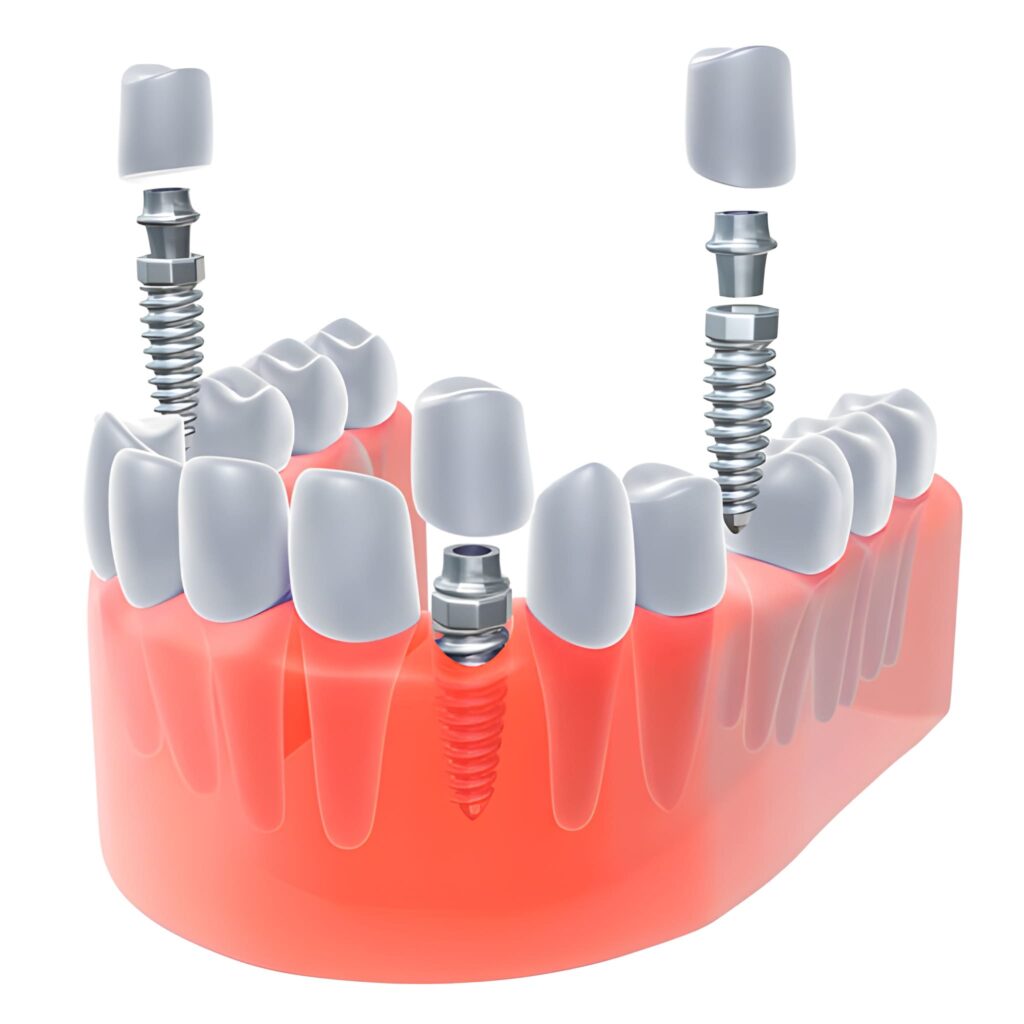Dental emergencies in children can happen when you least expect them. Whether your child falls at school or bites into something too hard, knowing what to do matters. These moments can be stressful, but your calm actions can make a big difference. In this guide, we will explain the most common dental problems children face. You will learn what to do right away, how to ease pain at home, and when to contact an emergency dentist in Aberdeen. With the right knowledge and preparation, you can protect your child’s smile and feel more confident in handling emergencies.
Why Dental Accidents Happen in Children
Children are full of energy. They play, jump, run, and sometimes fall. Accidents are part of growing up. Many dental injuries happen at school, on the playground, or while doing sports. Even a small bump can damage teeth. Other problems, like infections or toothaches, can appear without warning. Kids may not always tell you when something hurts. You may only notice signs like swelling, tears, or trouble eating. That’s why it’s important to pay close attention. Knowing how to spot and respond to problems quickly helps stop pain and keeps your child’s teeth safe.
Is Salt Water Rinse Good for Tooth Infection?
What to Do If a Tooth Is Knocked Out
If your child knocks out a permanent tooth, act fast. Pick up the tooth by the crown (top part), not the root. Gently rinse it with clean water, but don’t scrub it. Try to place it back into the socket if your child is old enough and calm. If that’s not possible, place it in milk or your child’s saliva. This helps keep the tooth moist. Get to an emergency dentist in Aberdeen within one hour for the best chance to save it. Baby teeth are not reinserted, but your child should still see a dentist right away.
How to Handle a Chipped or Broken Tooth
A chipped or broken tooth might not seem serious at first, but it can hurt or lead to more damage. Start by rinsing your child’s mouth with warm water. If there’s swelling, use a cold cloth on the outside of the cheek. If you find the broken piece, keep it in milk. This can help the dentist reattach it. Use sugar-free gum or dental wax to cover any sharp edges. This protects the tongue and cheek. Book a visit with a dentist as soon as possible. Delaying treatment can cause more pain and even infection.
What to Do for a Severe Toothache
Toothaches in children are often caused by cavities, infections, or something stuck between teeth. Begin by rinsing your child’s mouth with warm salt water. This helps clean the area and reduce swelling. Use floss to remove any trapped food gently. Do not use anything sharp. Apply a cold compress if there’s swelling. You may give child-safe pain relief like paracetamol. Avoid aspirin. If the pain doesn’t go away or gets worse, see a dentist. A severe toothache might be a sign of an infection that needs urgent care. Quick action helps stop the problem from spreading.
How Do You Stop a Toothache Urgently?
How to Deal with Something Stuck Between Teeth
Children sometimes get food or objects stuck between their teeth while eating or playing. If this happens, try not to panic. Ask your child to rinse their mouth with warm water. Then use dental floss gently to remove the object. Never use metal tools, toothpicks, or sharp items. These can injure the gums or teeth. If you can’t remove the object or if it causes pain, contact a dentist. Leaving something stuck between teeth can lead to swelling, infection, or decay. It’s best to act early to avoid further problems and protect your child’s comfort.
Recognising a Dental Abscess or Gum Infection
A dental abscess is a pocket of pus caused by an infection. It can cause severe pain, swelling, and even fever. If you see a lump on the gums, or if your child has a bad taste in their mouth, it could be an abscess. Do not try to pop it. Have your child rinse with warm salt water and apply a cold compress. Then contact an emergency dentist in Aberdeen immediately. Abscesses can spread quickly and may affect the jaw or even the rest of the body. Fast dental care is key to stopping the infection.
How Do I Get an Emergency Dental Appointment in Scotland?
Keeping Calm and Comforting Your Child
Dental injuries can be scary for both you and your child. Staying calm helps your child feel safe. Speak gently and offer comfort. Use simple words to explain what’s happening. Give them a soft toy or blanket to hold. Distractions like singing a song or counting together can help. Remind your child that the dentist is there to help, not to hurt. Reassurance goes a long way. The more relaxed your child feels, the easier the emergency will be to handle. Your calm approach helps build trust and keeps the situation under control.
Be Prepared with a Dental First-Aid Kit
A small dental emergency kit at home can make a big difference. Include clean gauze, a small container with a lid, milk or saline solution, sugar-free gum or wax, gloves, and pain relief suitable for children. Don’t forget to include your dentist’s phone number. Keep this kit somewhere easy to find. If an emergency happens, you won’t need to waste time looking for supplies. Being prepared helps you take quick, helpful action and gives your child fast relief. This simple step can protect their smile and help you feel more in control.
Need Help Fast? Book a Children’s Emergency Appointment Today
Dental emergencies can be upsetting, but you don’t have to face them alone. At Cove Dental and Implant Centre, our friendly team is here to provide fast, gentle care for children in pain. From knocked-out teeth to infections, we offer same-day emergency appointments to get your little one smiling again.
Call us now to speak to our team and book your emergency visit.
Your child’s comfort and oral health are our top priority.
Frequently Asked Question
What should I do if my child knocks out a tooth?
Pick up the tooth by the top, rinse gently, and try placing it back. If that’s not possible, store it in milk and visit an emergency dentist within 60 minutes for the best chance of saving it.
Is a baby tooth falling out considered a dental emergency?
Usually not. Baby teeth fall out naturally. However, if there’s heavy bleeding, swelling, or your child is in severe pain, seek advice from a dentist to check for injury or infection in the surrounding gums.
Can a chipped tooth be left untreated?
No. Even small chips can lead to bigger problems. They might cause sharp edges, sensitivity, or infection. Always book a dental appointment to assess the damage and avoid complications like decay or nerve exposure.
What are signs of a dental abscess in children?
Look for swelling, a lump on the gum, fever, bad breath, or pain when chewing. An abscess needs urgent care. Contact an emergency dentist straight away to avoid the infection spreading to other parts of the body.
Should I take my child to A&E or a dentist for dental emergencies?
Go to a dentist first. If your child has severe swelling affecting breathing, high fever, or facial trauma, go to A&E. For urgent tooth issues, call an emergency dentist in Aberdeen for quick guidance.





